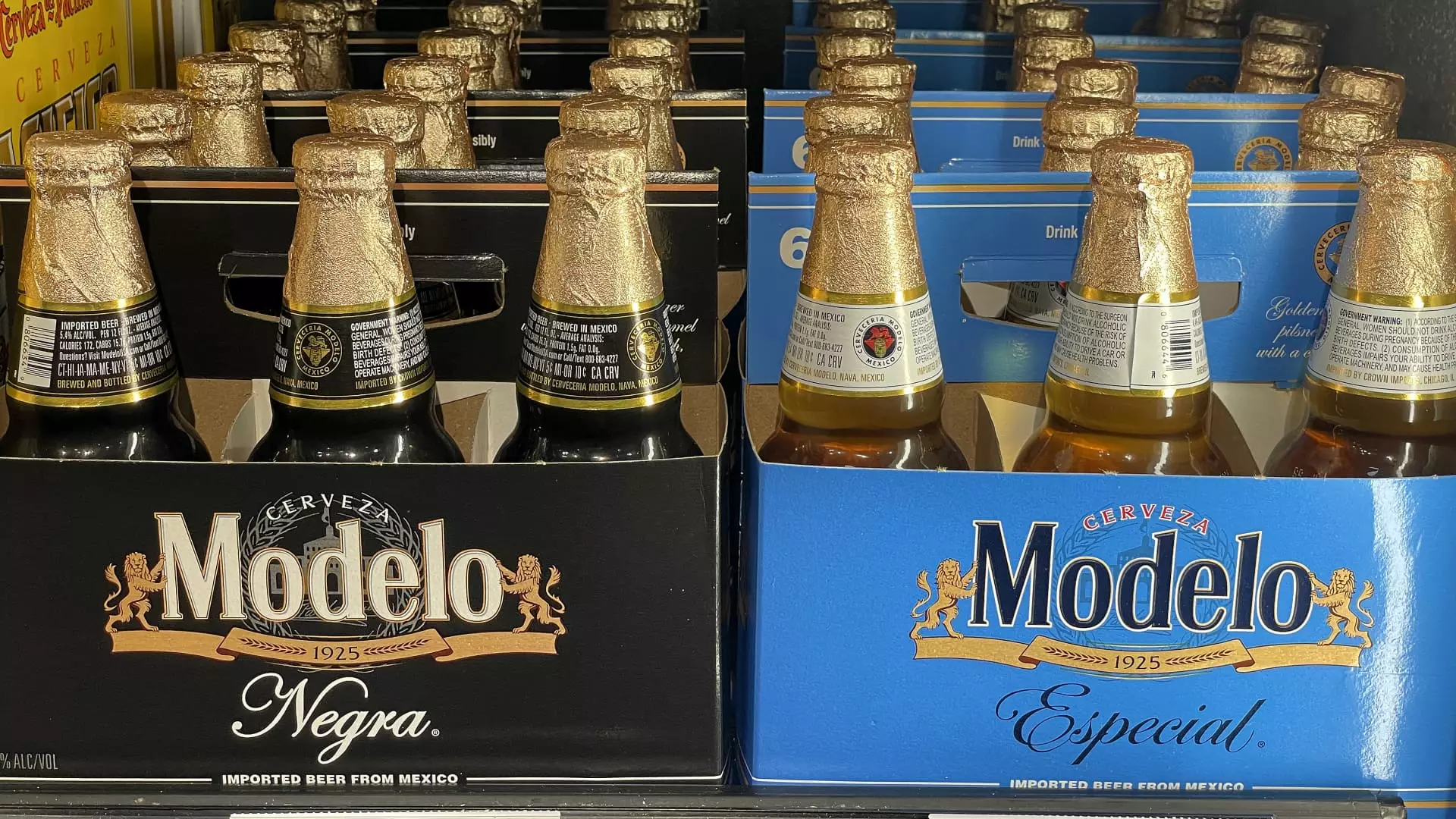In today’s socio-political landscape, consumer behavior is increasingly influenced by the undercurrents of national identity, immigration, and economic stability. Companies like Constellation Brands, which have historically thrived on culturally specific markets, find themselves vulnerable as political rhetoric and government actions ripple through consumer confidence. The recent decline in beer sales, attributed partially to Hispanic consumers’ reticence, underscores a broader truth: economic and political fears are intertwined, often to the detriment of businesses that rely on diverse demographics. The slowing demand signals not only a shift in purchasing patterns but also a deeper fracture in the societal fabric—a society where trust in policies and stability diminishes.
Politicized Immigration Policies as Economic Disruptors
The heart of the issue lies in how hard-line immigration policies and aggressive enforcement measures create an atmosphere of uncertainty. President Trump’s deportation drives and ICE raids serve as catalysts that intensify apprehension among Hispanic communities, many of whom are vital to the core customer base of brands like Modelo, Corona, and Pacifico. When consumers fear job losses or social instability, their spending becomes conservative, prioritizing essentials over leisure or luxury. This isn’t purely a matter of economics but a reflection of the emotional and societal toll that restrictive immigration enforcement exacts on communities. The ripple effect reaches corporations, which see dips in sales as their primary consumers retreat, highlighting the profound influence political decisions wield over everyday economic activities.
Economic Anxiety: A Broader Cultural Shift
Beyond immigration, inflation fears and economic uncertainty further compound consumer reluctance. Bill Newlands of Constellation highlights that both Hispanic and non-Hispanic groups are tightening their belts, wary of rising costs and unstable job markets. This overarching malaise indicates that the current economic climate has fostered a collective hesitance to spend, especially on non-essentials with cultural or lifestyle significance. The fact that major companies like Coca-Cola and Colgate-Palmolive also report similar trends suggests a cultural shift—one where trust in the stability of the American economic landscape is eroding, and consumers are increasingly driven by fear and caution rather than optimism.
The Fallacy of Business Resilience Amid Social Turmoil
While Constellation claims confidence in meeting its full-year targets, this apparent optimism may be misplaced if the underlying socio-political dynamics remain unresolved. The company’s hesitation to firmly connect its sales downturn to Hispanic consumers’ fears could be an attempt to maintain a facade of resilience, but it neglects the reality that consumer loyalty is fragile in polarized times. Economic growth driven by multicultural inclusion and political stability is a more sustainable path; ignoring these foundational issues risks deeper downturns. Business leaders need to acknowledge that engaging constructively with social concerns and promoting stability could be a strategic advantage rather than an acknowledgment of defeat.
In a time of division and uncertainty, companies have both a challenge and an obligation to advocate for policies that foster stability and unity. Recognizing that surveys of consumer behavior are reflections of larger societal anxieties is crucial. The economic health of brands tied to diverse communities depends on a societal willingness to reconcile fears with hope, and business strategies that align with this ethos will be more resilient in the long run. Political leadership and corporate responsibility must meet at a point where economic optimism can be restored through policies that respect diversity, uphold stability, and promote shared prosperity.

